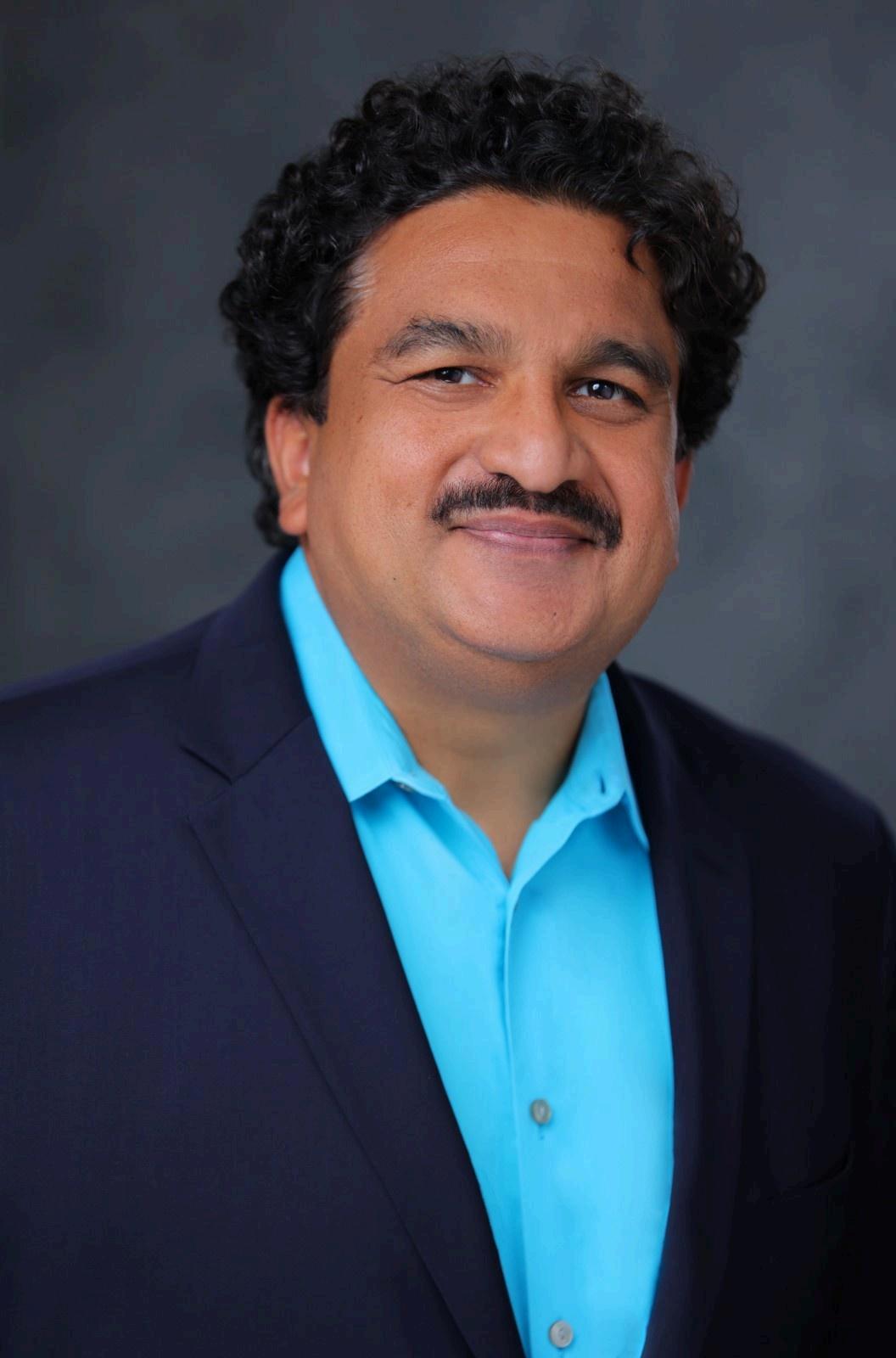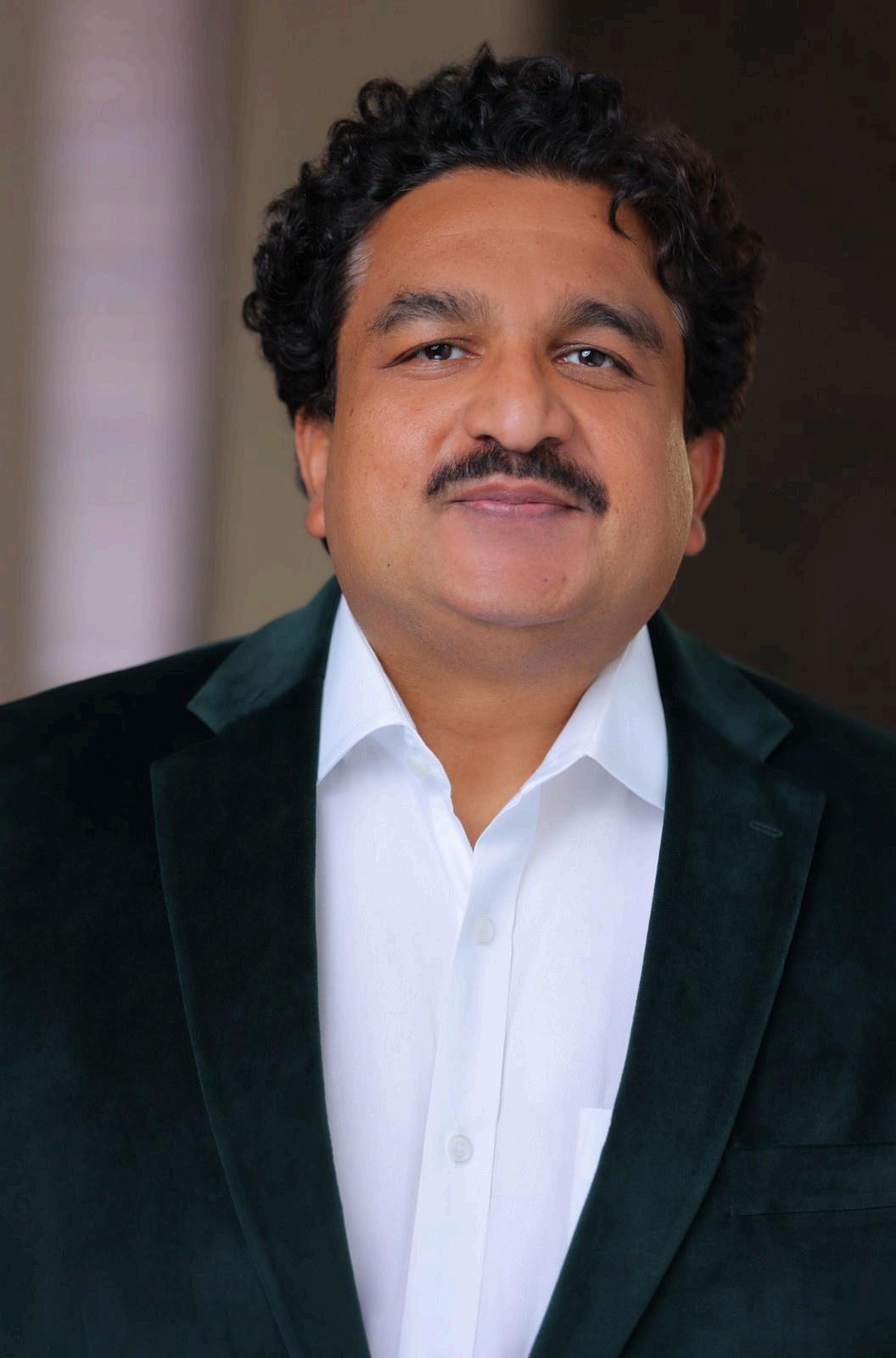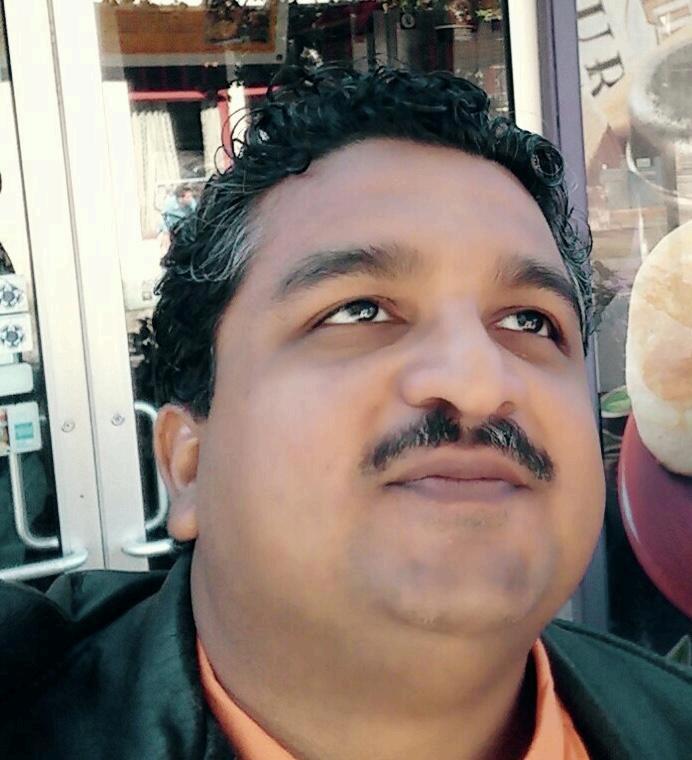Hobbies That Enrich a Health Scientist’s Life with Balance and Inspiration

Isam Vaid believes that the life of a health scientist is often demanding, filled with long hours of research, meticulous data analysis, and a deep responsibility toward advancing human well-being. Yet, beyond the rigors of laboratories and academic pursuits, it is the hobbies that enrich a health scientist’s life, which provide balance, renewal, and creative energy These personal pursuits not only offer moments of relaxation but also enhance the qualities that make scientists more resilient, innovative, and fulfilled in their professional and personal journeys.
Writing is one of the most rewarding hobbies for health scientists. While academic publishing demands precision and objectivity, creative writing, journaling, or even blogging offers a more personal outlet for expression. These practices sharpen communication skills, making complex ideas more accessible, while also providing space for reflection and thought. By translating experiences and thoughts into words, scientists gain clarity that enriches both their research and their broader engagement with society.

Physical activity stands as another essential pursuit Whether through running, swimming, yoga, or team sports, exercise not only improves physical health but also enhances mental clarity and focus Health scientists, who often spend hours seated in front of computers or in labs, benefit significantly from activities that restore balance to body and mind. Hiking, for example, combines fitness with exposure to nature, fostering creativity and offering the kind of peace that stimulates fresh insights into scientific challenges
Artistic hobbies such as painting, photography, or playing music invite scientists to embrace creativity beyond the structured logic of their professional work. These activities encourage experimentation, imagination, and emotional expression, all of which can spark new ways of thinking. Photography in particular hones observational skills, a trait directly valuable to scientific research, while music nurtures patience and discipline. By immersing themselves in the arts, scientists open pathways to innovation that can subtly influence their approach to discovery

Gardening offers another deeply enriching pursuit, reflecting the patience and curiosity that also drive scientific inquiry Tending to plants requires careful observation, experimentation, and persistence, mirroring the very qualities needed in research. Beyond its practical benefits of producing herbs, vegetables, or flowers, gardening offers therapeutic relief, reducing stress and reconnecting individuals with the natural cycles For many health scientists, this hobby becomes both a grounding practice and a source of inspiration.
Traveling enriches life by exposing scientists to new cultures, healthcare systems, and ways of living Engaging with different communities expands perspectives on global health challenges and introduces practices that may inspire new research directions. From exploring traditional remedies to observing public health strategies abroad, travel bridges leisure with professional enrichment, broadening horizons while fostering empathy and understanding

Volunteering adds a layer of social fulfillment to life outside the laboratory. Health scientists who dedicate time to community health initiatives, education, or outreach find opportunities to witness the direct impact of their expertise in real-world settings These experiences strengthen a sense of purpose, foster human connection, and remind them of the ultimate goals behind their research improving lives and empowering communities
Mindfulness practices such as meditation or tai chi bring balance to the often high-pressure environment of scientific work. These pursuits nurture focus, resilience, and emotional stability, reducing stress and enhancing overall well-being By cultivating mindfulness, health scientists not only strengthen their ability to navigate challenges but also bring greater patience and clarity to collaborative work, teaching, and research.

The hobbies that enrich a health scientist’s life are not merely diversions but essential complements to their professional identity They restore energy, spark creativity, and foster balance, allowing scientists to thrive both in and outside the laboratory. Whether through writing, fitness, the arts, gardening, travel, service, or mindfulness, these pursuits transform the lives of health scientists into holistic journeys of discovery, creativity, and fulfillment By embracing hobbies with the same curiosity they bring to research, health scientists cultivate resilience and joy that sustain them throughout their careers
